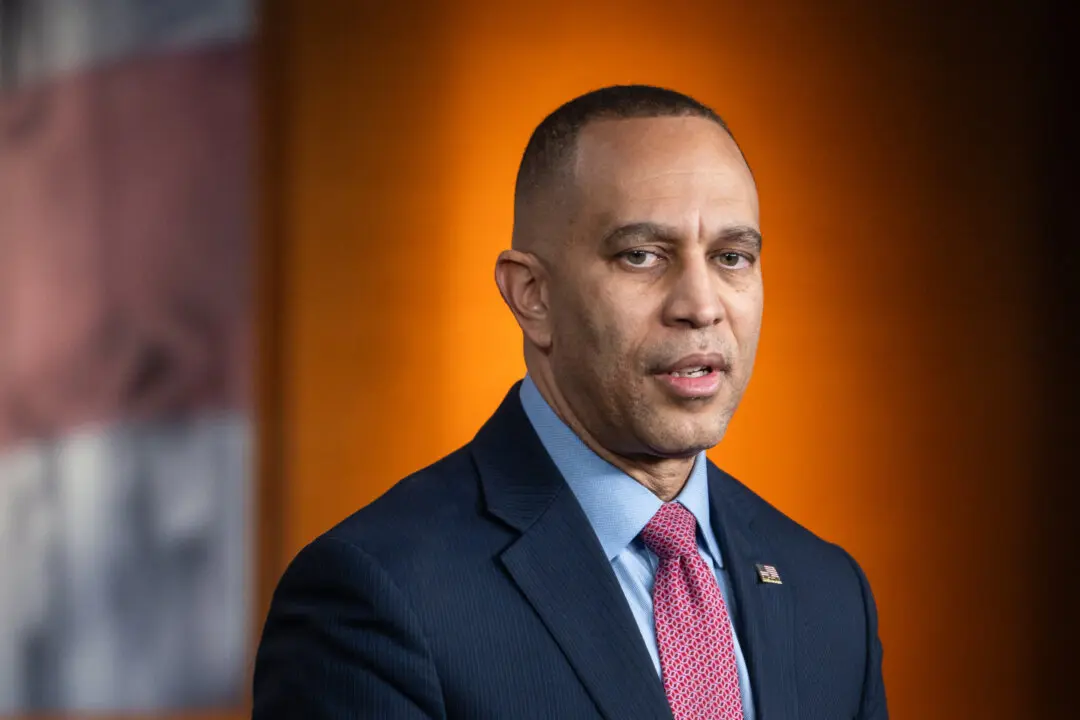The government of Papua New Guinea (PNG) declared a 30-day state of emergency on July 31 after fuel provider Puma Energy imposed rationing measures because of delayed payments for purchasing fuel.
Petroleum and Energy Minister Kerenga Kua said in a statement that the decision is “a direct result of the current disruption in the supply and distribution of fuel and petroleum products and foreign exchange.”





